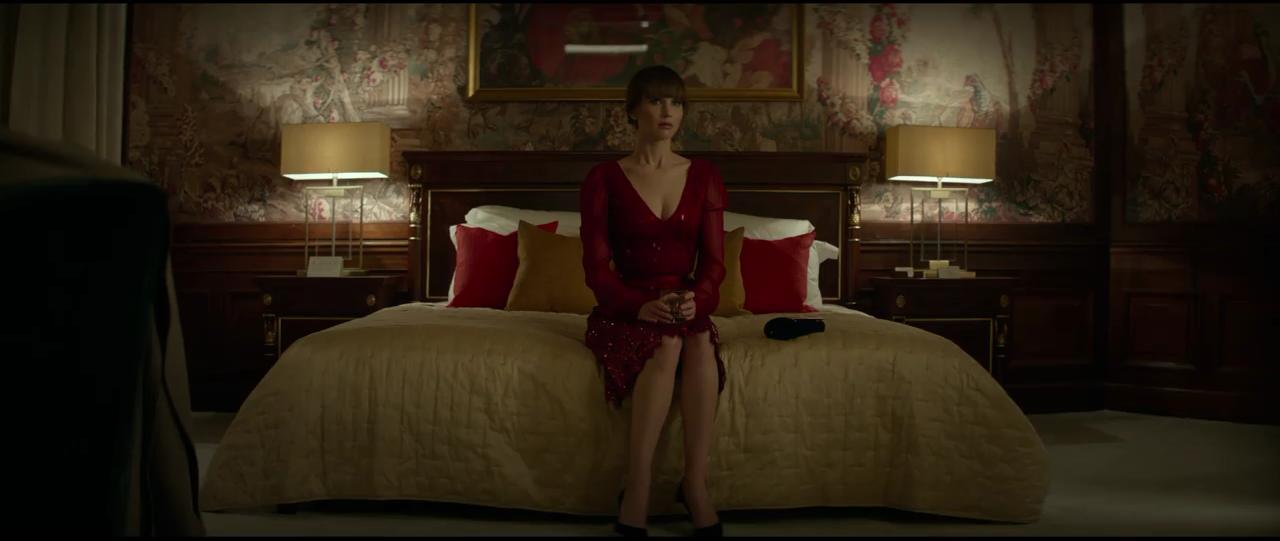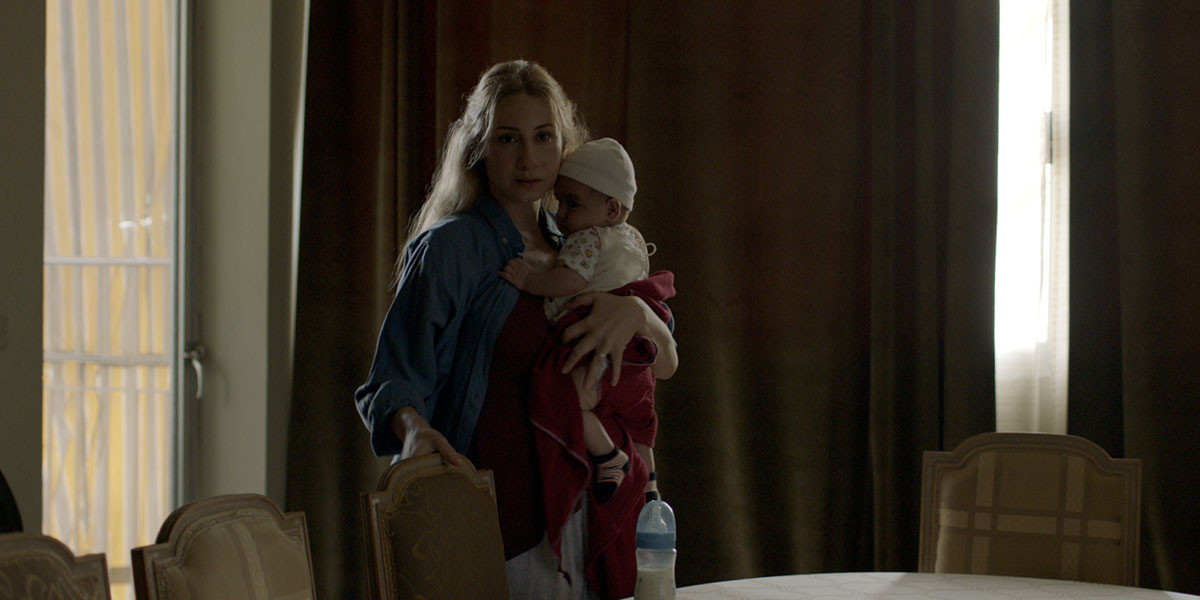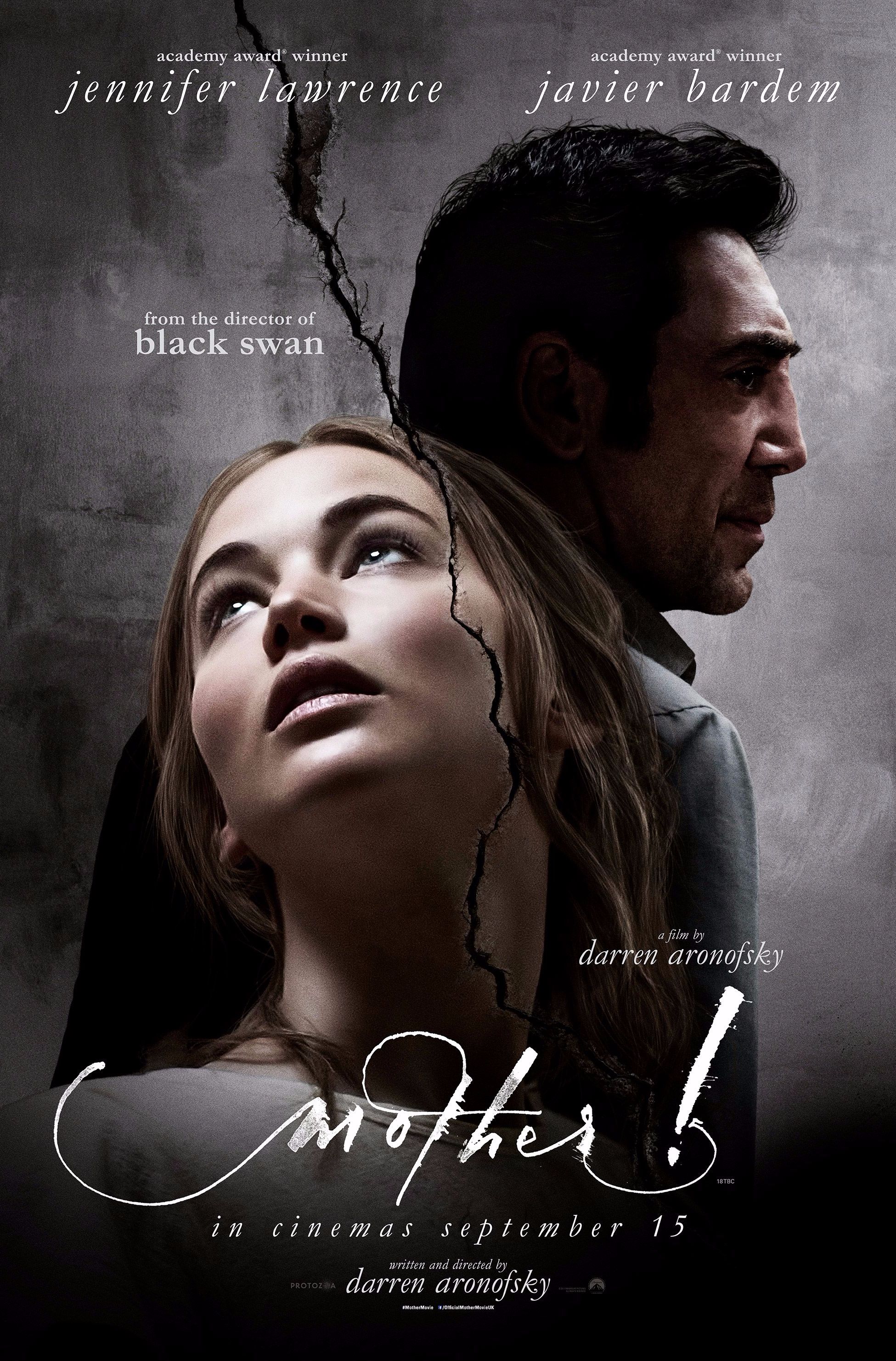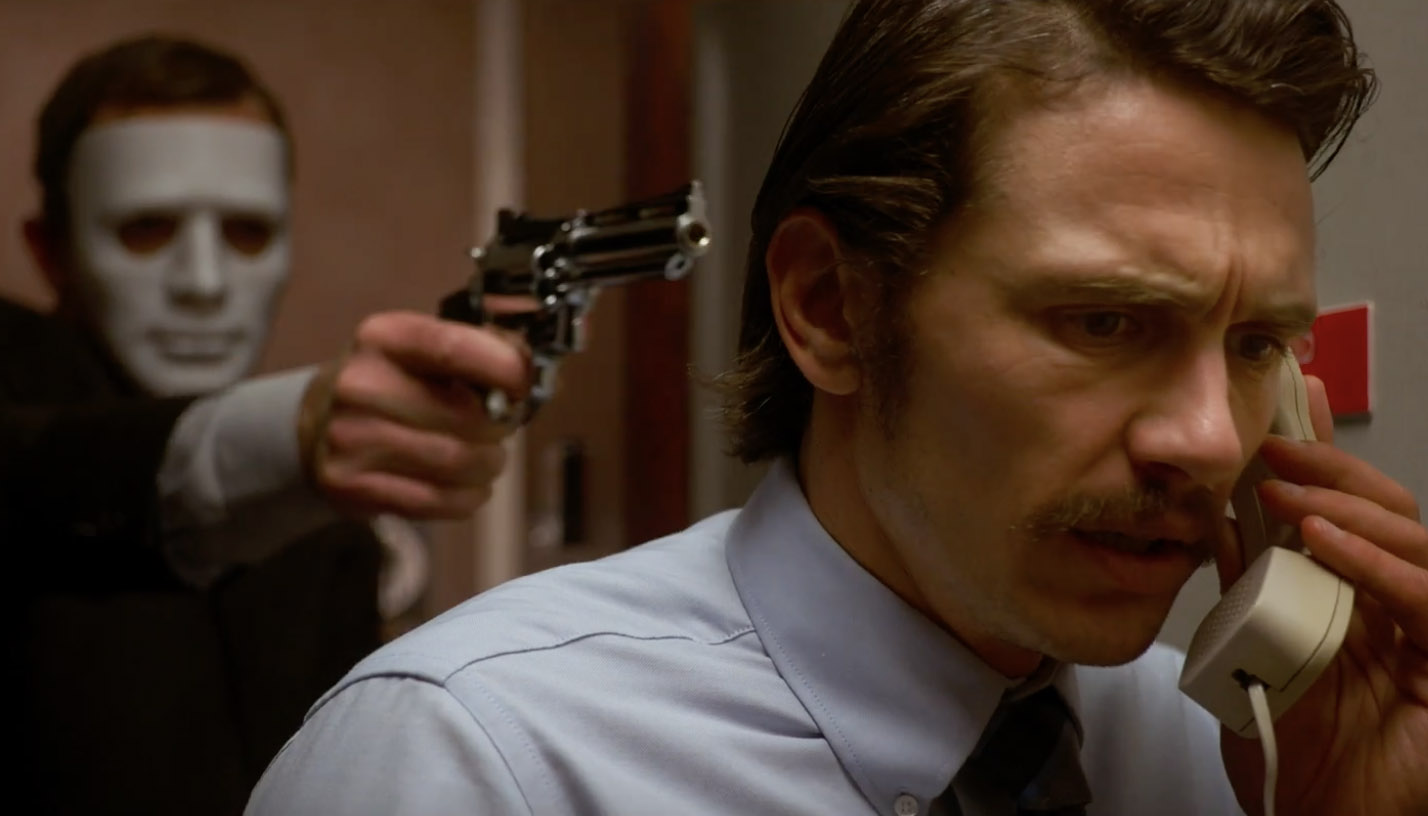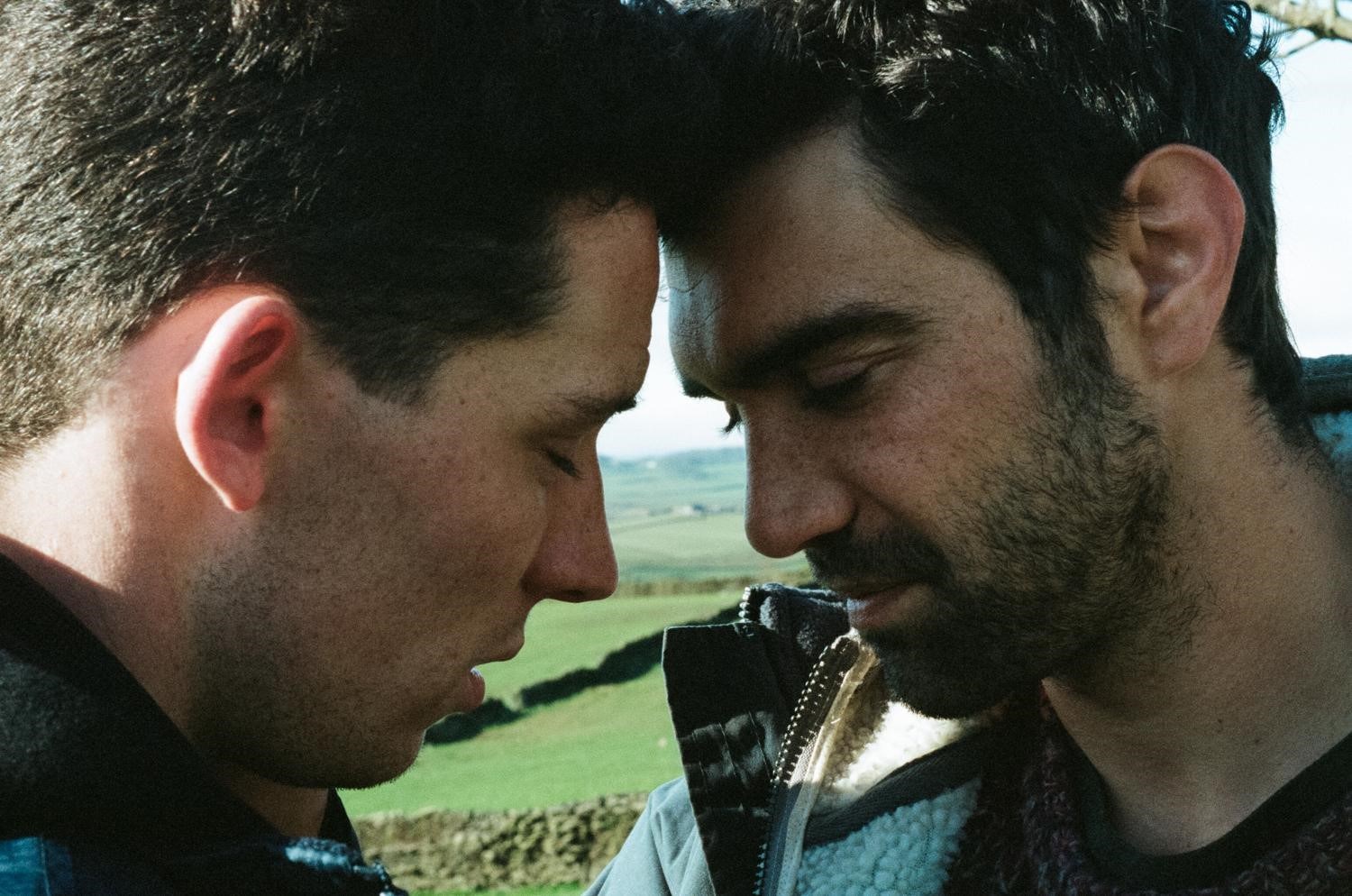After the more recent incarnations of 007, James Bond fans must be mourning the loss of the once-compulsory gadgets. The good news is that they’ve not gone away, they’ve just been moved elsewhere. To another franchise that treats them with even less reverence. They’re now housed among a group of spies masquerading as an upper class gentleman’s outfitters, who made their first appearance a couple of years ago in Kingsman:The…
Read MoreFilm Review: Borg Vs McEnroe
In the summer of 1980, one of the greatest tennis matches in the history of the game took place when two of the most accomplished players met in the Wimbledon final. In Borg McEnroe, Director Janus Metz brings the story of the two men to life in this beautifully crafted biopic and takes a look at the dynamic which existed between them on that fated fortnight. Staring Shia LaBeouf in…
Read MoreTrailer: Red Sparrow
Check out the new Red Sparrow trailer staring Jennifer Lawrence, Joel Edgerton, and Mary-Louise Parker. Ballerina Dominika Egorova is recruited to ‘Sparrow School’ a Russian intelligence service where she is forced to use her body as a weapon. But her first mission, targeting a CIA agent, threatens to unravel the security of both nations.
Read MoreFilm Review: American Assassin
Directed by Michael Cuesta (Homeland, Six Feet Under) and staring Teen Wolf’s Dylan O’Brien, American Assassin hopes to bring a new action hero a la James Bond or Jason Bourne, but sadly lacks the charm and humour of the first and the subtlety of the latter. Written by Stephen Schiff and adapted from Vince Flynn’s popular 2010 novel of the same name, the film tells the story of hot-headed CIA black…
Read MoreFilm Review: The Vault
Directed by Dan Bush (The Signal, The Reconstruction of William Zero), The Vault is a fast-paced, violent and at times simply baffling heist movie with a twist. Mixing the supernatural with the usual heist narrative fodder, the film attempt a new approach to this tried and tested formula, but ultimately falls at the first hurdle by its inability to offer a compelling or coherent enough story. James Franco, Taryn Manning…
Read MoreFilm Review: Insyriated
Belgian director Philippe Van Leeuw may not seem like the most obvious person to direct a film about the Syrian war, but then again the same could have been said about Italian director Gillo Pontecorvo and his seminal film about the the Algerian war of independence, The Battle Of Algiers (1966), a film which remains to this day one of the most powerful features ever made on the subject. Set…
Read MoreFilm Review: mother!
Darren Aronofsky’s Mother! introduces us to one of those golden couples lauded in social media, entertainment news and slavish profiles in Vanity Fair, Vogue or countless colour supplements. Javier Bardem is a celebrated poet trying to crack writer’s block as his new and younger wife, Jennifer Lawrence, works to renovate and redecorate their country house. Into this domestic Eden, disorder arrives in the form of a dying fan, Ed Harris,…
Read MoreFilm Review: The Vault
Originality doesn’t blast through the cinematic vaults often from an industry oversaturated with remakes, reboots and the like, but director Dan Bush has broken free from the mould with his horror/heist hybrid, a combination of these two worlds stands up well on paper but slightly misses the boat, in reality, dipping in and out of scenarios that are all too familiar.
Read MoreFilm Review: Wind River
After the success of his scripts for Sicario (2015) and Hell and High Water (2016), Taylor Sheridan’s Wind River promises to be an innovative mix of genre and social commentary. Despite a timely premise and two charismatic actors playing mismatched heroes in a remote and divided community, Wind River is a frustrating misfire of loose plot threads, confusing editing and a palpable sense unhelpful changes were made to the film’s…
Read MoreFilm Review: God’s Own Country
Fresh from wowing the crowds at this year’s Edinburgh Film Festival and going on to win the award for best British Film in the process, Francis Lee’s God’s Own Country finally sees its nationwide release this week. This deeply touching and thoroughly charming first feature has garnered the greatest amount of good will from critics and film fans alike, making it one of the most awaited British films of the…
Read More

